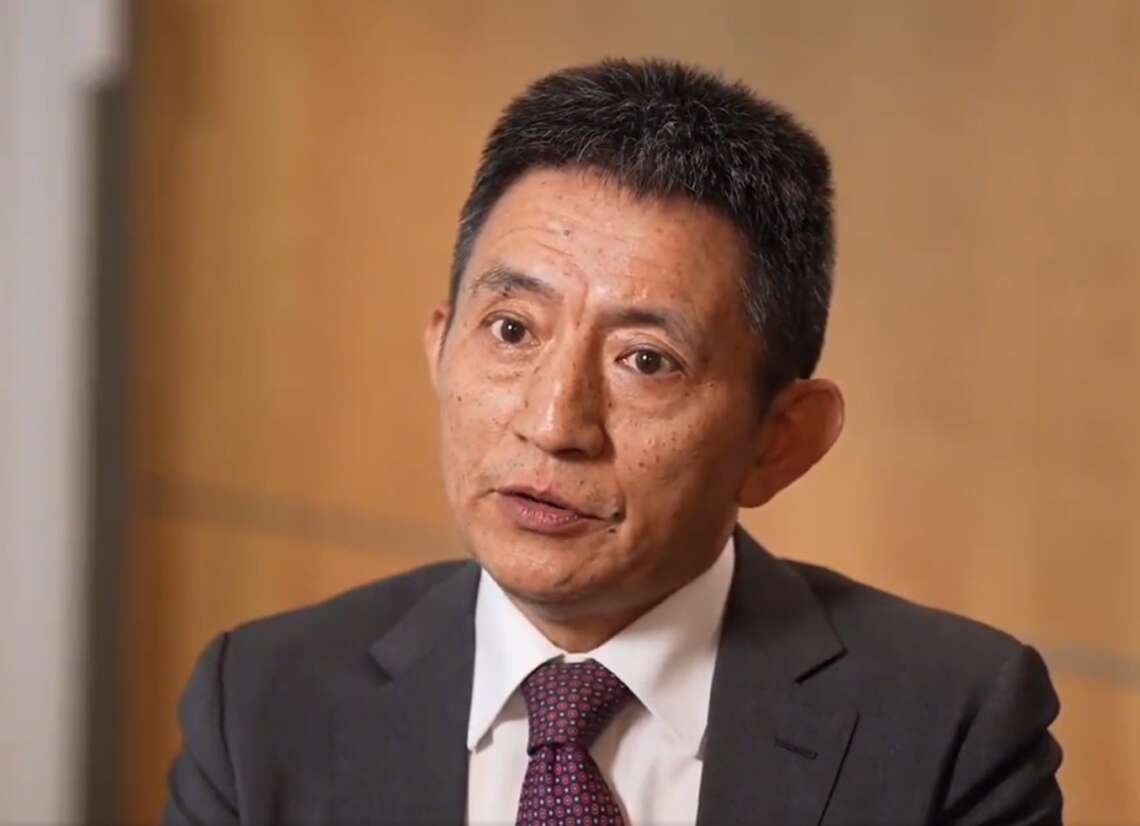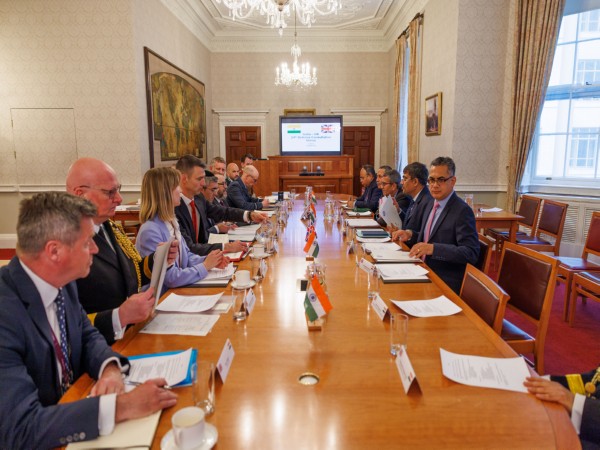Li Chenggang’s new role will be pivotal in shaping China’s trade strategy, especially as the country faces retaliatory measures and increased tariffs from the US.
Amid ongoing trade tensions with the United States, China has appointed Li Chenggang as the new international trade representative and vice minister of commerce. This appointment, announced by the State Council of China on Wednesday, marks a significant shift in China’s trade diplomacy as it continues to navigate complex relations with major global economies, particularly the United States.
Li Chenggang, who has been a key figure in China’s international trade policies for several years, takes over from Wang Shouwen, his predecessor. The appointment comes at a time of heightened trade disputes between the two countries, particularly regarding tariffs and market access. Li’s new role will be pivotal in shaping China’s trade strategy, especially as the country faces retaliatory measures and increased tariffs from the US.
A Storied Career in Diplomacy and Trade
Li’s career trajectory reflects his deep involvement in international trade affairs. On 26 December 2020, he was appointed as China’s Permanent Representative and Ambassador Extraordinary and Plenipotentiary to the World Trade Organization (WTO), while also serving as Deputy Permanent Representative to the United Nations Office at Geneva (UNOG) and other international organisations in Switzerland. Prior to this, Li had been serving as the Assistant Minister in the Ministry of Commerce of China (MOFCOM) since December 2016. His career also includes roles such as Director-General of the Department of Treaty and Law at MOFCOM and Vice Mayor of Qingdao from 2013 to 2014.
Li’s appointment to the international trade representative role signals China’s continued emphasis on strengthening its global trade ties and defending its interests on the world stage. His previous experience in multilateral settings, particularly within the WTO, positions him well to manage complex trade negotiations, particularly with the US and other key trade partners.
Escalating Trade Tensions with US
Li Chenggang’s appointment comes on the heels of significant developments in US-China trade relations. The US has imposed retaliatory tariffs on Chinese goods, including a rise in tariffs of up to 245 per cent on certain imports. This sharp increase follows a series of trade measures from both sides that have intensified since President Donald Trump’s administration initiated its “reciprocal tariffs” policy. Under this policy, the US imposed tariffs on countries with which it had a trade deficit, and China, among others, responded in kind.
In particular, US tariffs on Chinese exports were previously set at up to 145 per cent, but the new measures escalate the tension between the two economic giants. In response, the US has temporarily paused the higher tariffs for a period of 90 days, although this respite does not apply to China, which continues to face harsh tariff measures.
The White House has noted that discussions are ongoing with over 75 countries about new trade deals, but with China’s retaliatory actions, the trade dispute remains unresolved. The tariffs imposed by the US have led to significant global economic uncertainty, causing a drop in market confidence and widespread sell-offs in financial markets across Asia, Europe, and the US.
US President Trump has repeatedly stressed the need for “fair and reciprocal” trade, aiming to level the playing field for US industries. The administration’s stance is clear: it will match tariffs imposed by other countries, including India, to ensure that US trade interests are safeguarded.
Global Impact of Trade Disputes
The growing uncertainty in global trade, largely driven by US-China tensions, has had far-reaching effects on the global economy. According to the World Trade Organization (WTO), global merchandise trade is projected to decline by 0.2 per cent in 2025 under the current conditions, significantly lower than the anticipated growth had the tariff situation remained stable.
The WTO’s latest Global Trade Outlook and Statistics report, released on April 16, forecasts that the volume of world merchandise trade could shrink further, with a potential decline of up to 1.5 per cent in 2025 if current trade tensions continue to escalate. This is a sharp contrast to the previous year, when merchandise trade grew by 2.9 per cent, outpacing global GDP growth of 2.8 per cent. The report underscores the negative impact of rising tariffs on trade volumes and economic activity, particularly for vulnerable economies.
Ngozi Okonjo-Iweala, the Director-General of the WTO, expressed concern about the uncertainty surrounding global trade, particularly the US-China standoff. She warned that while the recent de-escalation in tariff tensions had provided temporary relief, the long-term uncertainty continues to threaten global growth, especially for economies that are already struggling. Okonjo-Iweala emphasised the need for urgent trade reforms and greater cooperation within the WTO to prevent further economic decline.
A Future Shaped by Li Chenggang’s Leadership
As Li Chenggang assumes his new role, his primary challenge will be to mitigate the fallout from the ongoing trade wars and navigate China’s economic interests through a maze of complex negotiations. With the US maintaining its hardline stance on tariffs, Li’s diplomatic experience and leadership will be crucial in steering China’s trade policy and reinforcing its position in international forums such as the WTO.
Li’s extensive background in trade law and international diplomacy will likely play a key role in shaping China’s strategy in upcoming trade talks, particularly those with the United States and other major economies. His leadership will be critical in balancing China’s domestic interests with its global trade commitments, ensuring that the country remains an influential player in the global economy.
As China continues to grapple with the fallout of escalating trade tensions, Li Chenggang’s appointment marks a significant moment in the country’s trade diplomacy. His expertise and experience will likely be pivotal in addressing the challenges ahead and advancing China’s economic interests on the world stage.
Looking Ahead
With global trade facing significant headwinds, Li Chenggang’s leadership will be instrumental in managing China’s trade relations, particularly with the US. As trade tensions continue to evolve, Li’s diplomatic acumen and strategic approach will be tested in shaping China’s future trade policies and ensuring that the country can navigate these turbulent times effectively. The broader global trade environment, already fragile, will continue to feel the effects of these tensions in the years to come.









